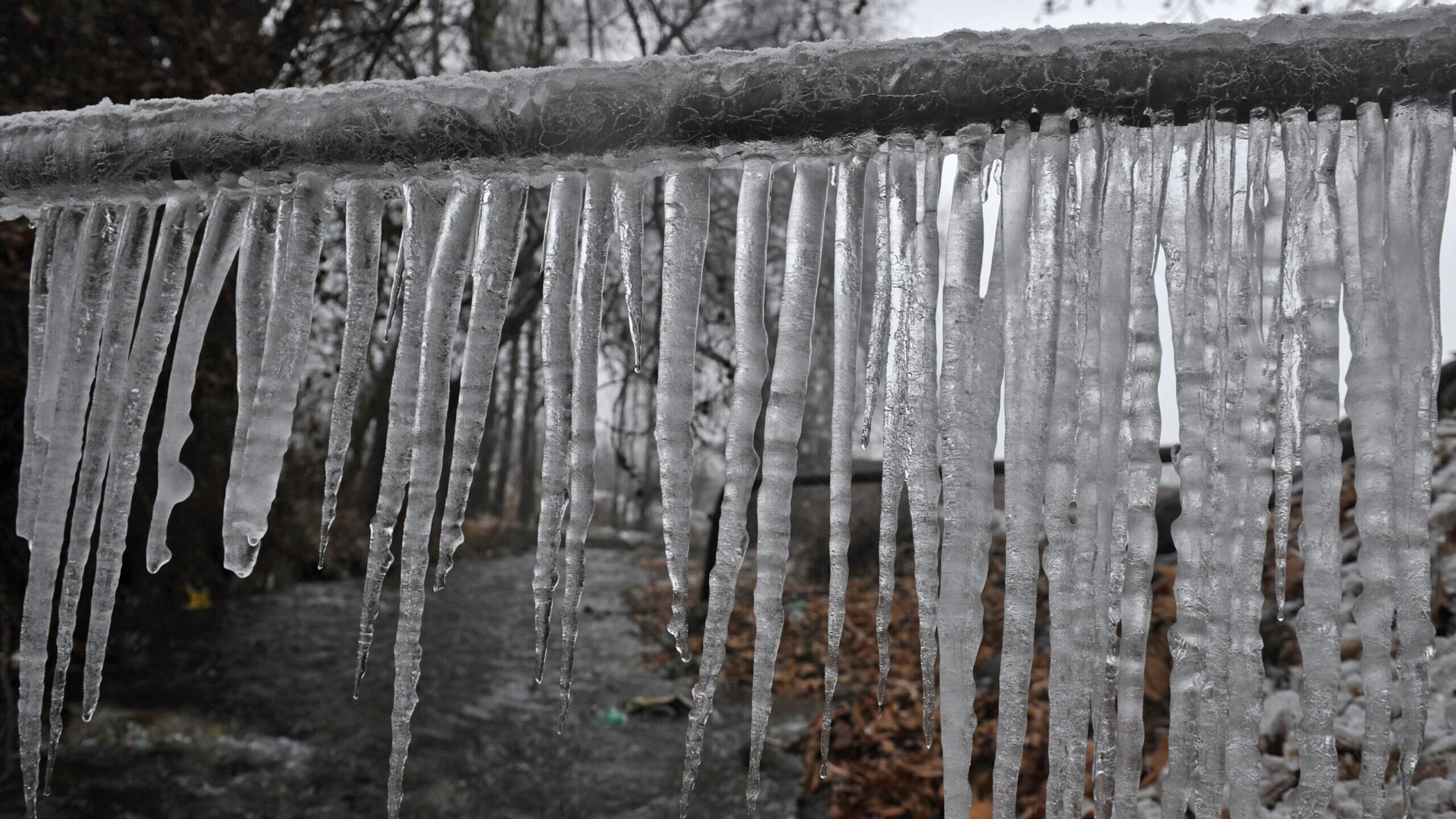The article listed below involving 6 Ways to Prevent Frozen Pipes is exceedingly entertaining. Have a go and draw your own personal conclusions.

Winter can ruin your pipes, especially by freezing pipes. Right here's exactly how to prevent it from taking place and what to do if it does.
Introduction
As temperatures drop, the risk of frozen pipes increases, potentially resulting in expensive repair work and water damage. Comprehending how to prevent frozen pipelines is crucial for homeowners in cold environments.
Avoidance Tips
Insulating vulnerable pipelines
Cover pipelines in insulation sleeves or use warm tape to shield them from freezing temperature levels. Focus on pipes in unheated or external locations of the home.
Home heating strategies
Keep indoor spaces properly warmed, particularly areas with plumbing. Open up cabinet doors to permit warm air to flow around pipes under sinks.
Exactly how to recognize frozen pipelines
Look for reduced water circulation from taps, unusual odors or sounds from pipelines, and noticeable frost on exposed pipelines.
Long-Term Solutions
Structural modifications
Take into consideration rerouting pipes away from outside wall surfaces or unheated locations. Include added insulation to attics, basements, and crawl spaces.
Upgrading insulation
Invest in premium insulation for pipes, attics, and walls. Appropriate insulation assists keep regular temperatures and reduces the risk of frozen pipes.
Protecting Exterior Pipes
Yard hoses and outside taps
Detach and drain pipes yard tubes prior to winter months. Mount frost-proof faucets or cover exterior taps with protected caps.
Understanding Icy Pipes
What creates pipes to ice up?
Pipelines ice up when revealed to temperature levels below 32 ° F (0 ° C) for extended periods. As water inside the pipes freezes, it broadens, putting pressure on the pipeline wall surfaces and potentially creating them to burst.
Threats and problems
Frozen pipes can result in water disruptions, property damage, and costly fixings. Burst pipes can flood homes and cause comprehensive structural damages.
Signs of Frozen Water Lines
Recognizing icy pipes early can prevent them from bursting.
What to Do If Your Pipes Freeze
Immediate activities to take
If you believe frozen pipes, maintain taps open up to soothe pressure as the ice melts. Make use of a hairdryer or towels soaked in hot water to thaw pipelines slowly.
Conclusion
Protecting against icy pipelines requires positive procedures and fast reactions. By understanding the reasons, indicators, and safety nets, home owners can safeguard their pipes during winter.
Helpful Tips to Prevent Frozen Pipes this Winter
UNDERSTANDING THE BASICS: WHY PIPES FREEZE AND WHY IT’S A PROBLEM
Water freezing inside pipes is common during the winter months, but understanding why pipes freeze, and the potential problems it can cause is crucial in preventing such incidents. This section will delve into the basics of why pipes freeze and the associated problems that may arise.
THE SCIENCE BEHIND FROZEN PIPES
When water reaches freezing temperatures, it undergoes a physical transformation and solidifies into ice. This expansion of water as it freezes is the primary reason pipes can burst. As the water inside the pipe freezes, it expands, creating immense pressure on the walls. If the pressure becomes too great, the pipe can crack or rupture, leading to leaks and water damage.
FACTORS THAT CONTRIBUTE TO PIPE FREEZING
Low Temperatures: Extremely cold weather, especially below freezing, increases the risk of pipes freezing. Uninsulated or Poorly Insulated Pipes: Pipes located in unheated areas, such as basements, crawl spaces, or attics, are more prone to freezing. Insufficient insulation or lack of insulation altogether exacerbates the problem. Exterior Wall Exposure: Pipes running along exterior walls are susceptible to freezing as they encounter colder temperatures outside. Lack of Heating or Temperature Regulation: Inadequate heating or inconsistent temperature control in your home can contribute to frozen pipes. PROBLEMS CAUSED BY FROZEN PIPES
- Pipe Bursting: As mentioned earlier, the expansion of water as it freezes can cause pipes to burst, resulting in significant water damage.
- Water Damage: When pipes burst, it can lead to flooding and water damage to your property, including walls, ceilings, flooring, and personal belongings.
- Structural Damage: Prolonged exposure to water from burst pipes can compromise the structural integrity of your home, leading to costly repairs.
- Mold and Mildew Growth: Excess moisture from water damage can create a favorable environment for mold and mildew growth, posing health risks to occupants.
- Disrupted Water Supply: Frozen pipes can also result in a complete or partial loss of water supply until the issue is resolved.
WHY CERTAIN PIPES ARE MORE PRONE TO FREEZING
- Location: Pipes located in unheated or poorly insulated areas, such as basements, crawl spaces, attics, or exterior walls, are at higher risk of freezing.
- Exterior Pipes: Outdoor pipes, such as those used for irrigation or exposed plumbing, are particularly vulnerable to freezing as they are directly exposed to the elements.
- Supply Lines: Pipes that carry water from the main water supply into your home, including the main water line, are critical to protect as freezing in these lines can affect your entire plumbing system.
- Underground Pipes: Pipes buried underground, such as those connected to sprinkler systems or outdoor faucets, can be susceptible to freezing if not properly insulated.
https://busybusy.com/blog/helpful-tips-to-prevent-frozen-pipes-this-winter/

I'm just very enthusiastic about 6 Ways to Prevent Frozen Pipes and I am praying you enjoyed reading my post. Feel free to pause to share this entry if you enjoyed reading it. I cherish reading our article about Winter Plumbing Precautions: Preventing Frozen Pipes.
Visit The Following Page